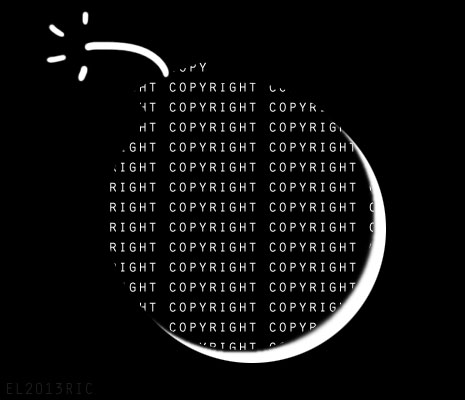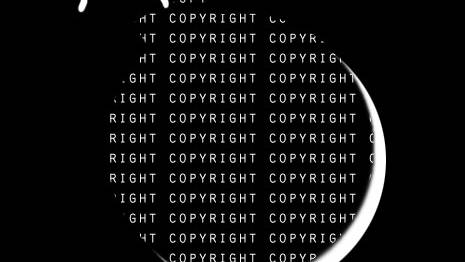Is Copyright Infringement Now Seen As Terrorism?

Government Uses Law As a Sword Against Dissent
We reported last year:
The government treats copyright infringers as terrorists, and swat teams have been deployed against them. See this, this, this and this.
As the executive director of the Information Society Project at Yale Law School notes:This administration … publishes a newsletter about its efforts with language that compares copyright infringement to terrorism.
The American government is using copyright laws to crack down on political dissent just like China and Russia.
We noted last month that the “cyber-security” laws have very little to do with security.
The Verge reported last month:
In the State of the Union address Tuesday, President Obama announced a sweepingexecutive order implementing new national cybersecurity measures, opening the door for intelligence agencies to share more information about suspected “cyber threats” with private companies that oversee the nation’s “critical infrastructure.” The order is voluntary, giving companies the choice of whether or not they want to receive the information, and takes effect in four months, by June 12.
***
“Cyber threats cover a wide range of malicious activity that can occur through cyberspace,” wrote Caitlin Hayden, spokeswoman for the White House National Security Council, in an email to The Verge. “Such threats include web site defacement, espionage,theft of intellectual property, denial of service attacks, and destructive malware.”
***
“The EO [executive order] relies on the definition of critical infrastructure found in the Homeland Security Act of 2002,” Hayden wrote.
The Homeland Security Act of 2002 (PDF), passed in the wake of the September 11, 2001 terror attacks, was what created the Department of Homeland Security. At that time, the US was still reeling from the attacks and Congress sought to rapidly bolster the nation’s defenses, including “critical infrastructure” as part of its definition of “terrorism.” As the act states: “The term ‘terrorism’ means any activity that involves an act that is dangerous to human life or potentially destructive of critical infrastructure or key resources…”
But again, that act doesn’t exactly spell out which infrastructure is considered “critical,” instead pointing to the definition as outlined in a 2001 bill, also passed in response to September 11, which reads:“The term “critical infrastructure” means systems and assets, whether physical or virtual, so vital to the United States that the incapacity or destruction of such systems and assets would have a debilitating impact on security, national economic security, national public health or safety, or any combination of those matters.”
[...]
Read the full article at: globalresearch.caComments






















